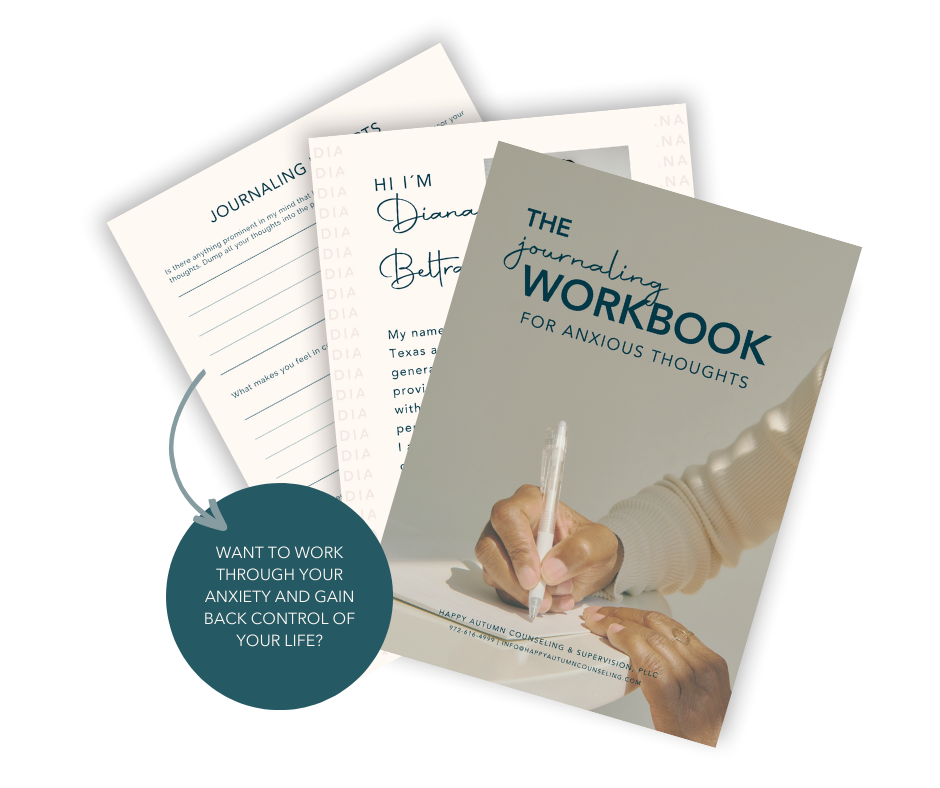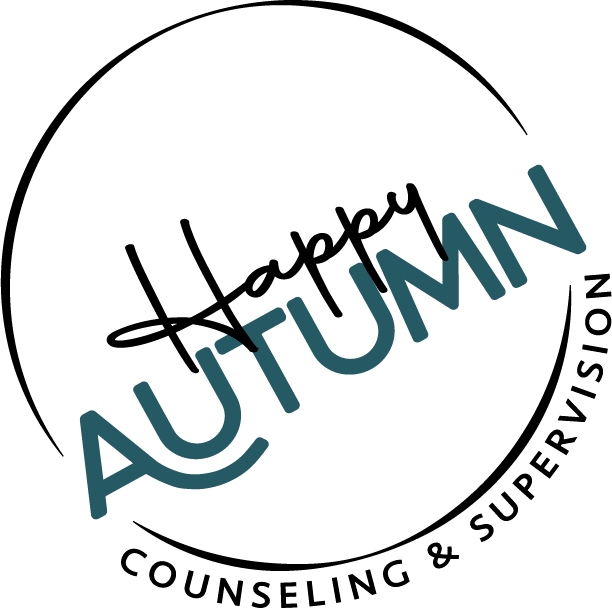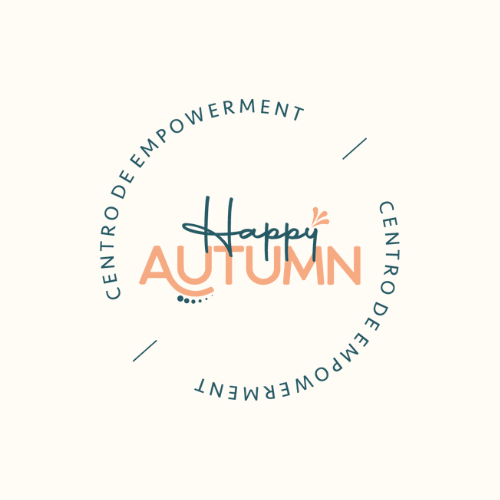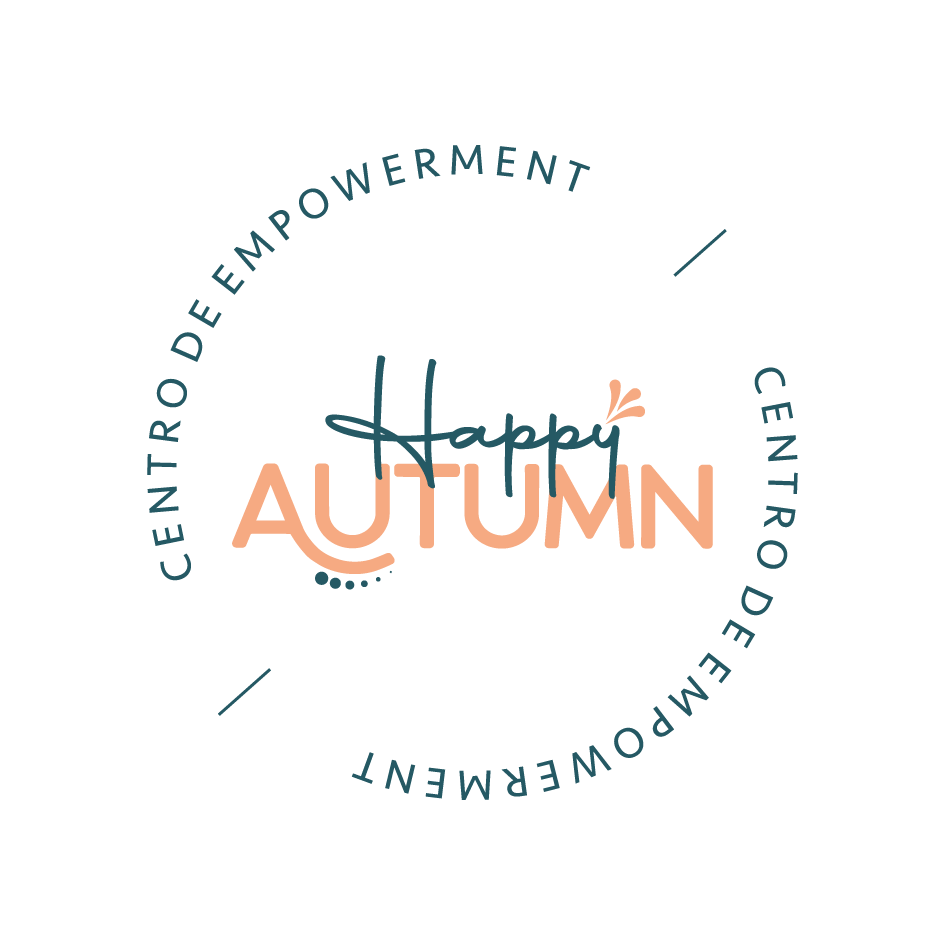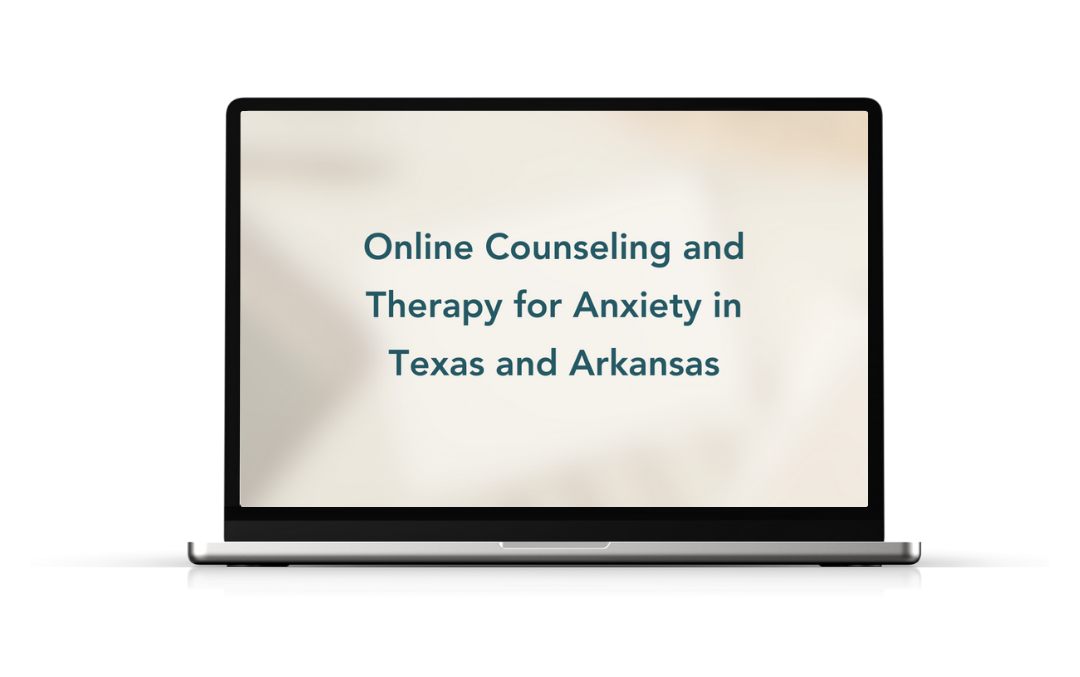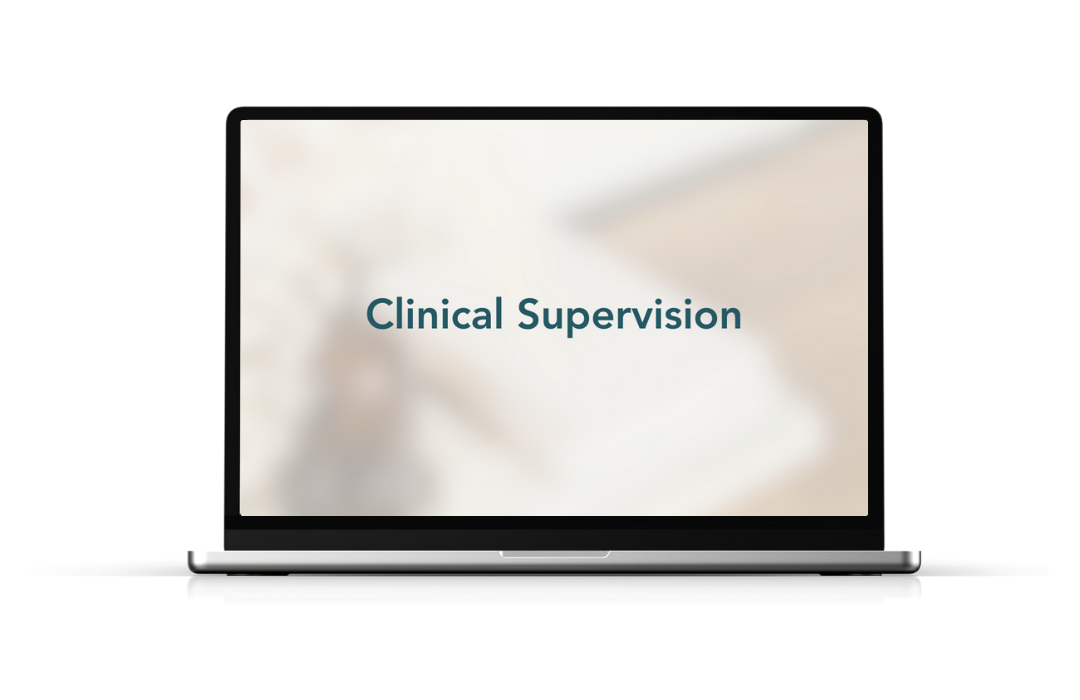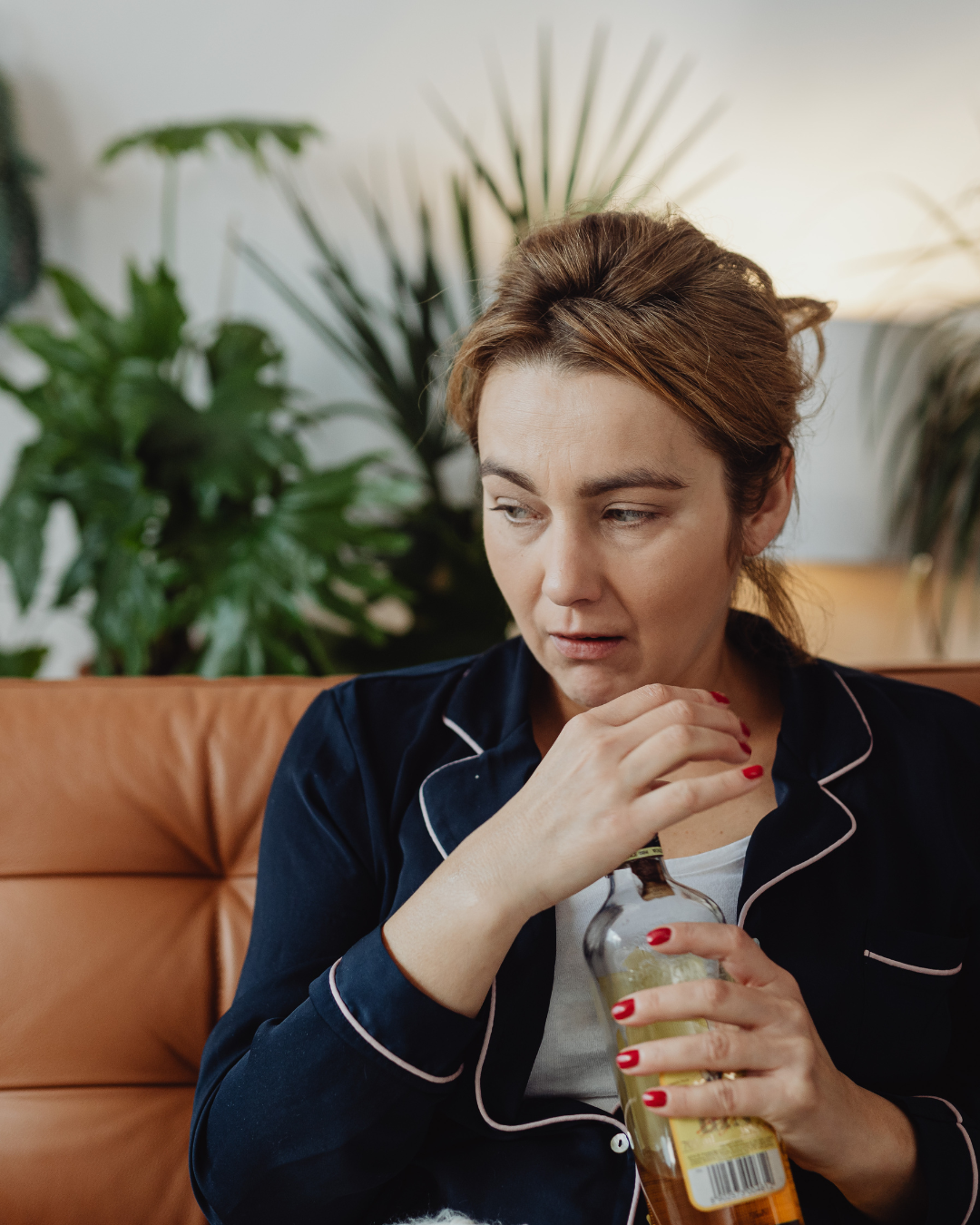What every woman needs to know about OCD and finding a specialist in Texas
Understanding OCD in women
Obsessive-compulsive disorder (OCD) is a mental health condition that affects millions of people, but its impact on women is often shaped by unique challenges. For women, OCD may become more pronounced during key life stages like pregnancy, postpartum, or menopause due to hormonal changes and societal pressures. Understanding the symptoms, risk factors, and treatment options can help women reclaim their mental health and find relief.
At Happy Autumn Counseling, we provide culturally sensitive, trauma-informed therapy for women navigating OCD. Whether you’re struggling with intrusive thoughts or repetitive behaviors, we’re here to support your journey toward healing.
What is OCD?
OCD is a mental health disorder characterized by obsessions and compulsions. Obsessions are unwanted, intrusive thoughts or fears that create significant anxiety. Compulsions are repetitive behaviors or mental acts performed to reduce that anxiety. While many people experience fleeting obsessive thoughts, OCD is different because it interferes with daily life and functioning.
For example, a woman with OCD might fear contamination and feel compelled to wash her hands excessively. Another might worry about harming her loved ones and engage in constant checking behaviors to ensure their safety. These cycles of obsessions and compulsions can feel overwhelming without the right support.
- Prevalence among U.S. adults: Approximately 1.2% of adults in the United States experience OCD annually.
- Gender differences: Studies indicate that women are 1.6 times more likely to develop OCD than men, with lifetime prevalence rates of 1.5% in women compared to 1.0% in men.
- Age of onset: OCD often manifests between the ages of 7 and 12 or during late adolescence to early adulthood.

How is OCD diagnosed?
Diagnosing OCD involves a comprehensive assessment by a mental health professional. A diagnosis typically includes:
- Symptom evaluation: A therapist will explore the nature, frequency, and intensity of your obsessions and compulsions.
- Impact on daily life: OCD is diagnosed when symptoms cause significant distress or impair your ability to function at work, home, or in relationships.
- Rule out other conditions: Your provider will ensure symptoms aren’t better explained by another mental health condition or physical health issue.
Seeking an accurate diagnosis is a crucial first step toward effective treatment. At Happy Autumn Counseling, we offer compassionate and thorough assessments to help women understand their symptoms of OCD and options for care.
Signs of OCD in women
OCD can manifest differently in women based on life experiences, cultural expectations, and hormonal influences. Here are some common signs to watch for:
- Obsessions: Women with OCD may experience intrusive thoughts about:
- Germs or contamination.
- Harm to loved ones or themselves.
- Perfectionism or fear of making mistakes.
- Sexual, religious, or violent themes.
- Compulsions: Common repetitive behaviors include:
- Excessive handwashing or cleaning.
- Checking locks, appliances, or other items repeatedly.
- Arranging objects in a specific order.
- Counting or repeating words silently to “neutralize” intrusive thoughts.
- Relationship issues: Women may experience intrusive thoughts about their relationships, such as doubting their stability or fearing they’ll harm their loved ones.
Recognizing these signs can help women take the next step toward managing their symptoms and seeking support.
Symptoms of OCD in women
The symptoms of OCD fall into two main categories: obsessions and compulsions. Let’s explore each in more detail:
- Obsessions: These are unwanted, intrusive thoughts or mental images that cause distress. Examples include:
- Fears of contamination.
- Persistent doubts about safety, like leaving the stove on.
- Disturbing thoughts about harming others.
- Compulsions: These are repetitive behaviors or rituals performed to ease anxiety. Examples include:
- Cleaning excessively to feel “safe.”
- Rechecking tasks, such as ensuring doors are locked.
- Repeating specific actions or prayers to prevent harm.
Symptoms often intensify during life transitions, such as pregnancy or postpartum. This is due to hormonal shifts and the increased responsibility of caring for a newborn, which can exacerbate existing OCD symptoms.

Is OCD really a disorder?
OCD is often misunderstood as just being overly clean or particular. However, it’s a serious mental health condition that can significantly impact quality of life. Unlike quirks or preferences, OCD involves persistent, unwanted thoughts and behaviors that are difficult to control and cause distress. It’s important to recognize OCD as a disorder to ensure that those affected receive the support and treatment they need.
OCD in women: symptoms, treatment, and causes
Risk factors
Several factors may increase the likelihood of developing OCD, including:
- Reproductive cycle events: Hormonal changes during pregnancy, postpartum, and menopause can heighten OCD symptoms.
- Stressful life events: Traumatic or high-stress experiences may trigger the onset of OCD symptoms.
- Family history: Having a close relative with OCD or another anxiety disorder may increase your risk.
Treatment options
- Cognitive-behavioral therapy (CBT): A proven treatment for OCD, CBT helps women identify and challenge intrusive thoughts while reducing compulsive behaviors.
- Exposure and response prevention (ERP): A specific type of CBT that involves gradually facing fears while refraining from engaging in compulsions.
- Anxiety management techniques: Practices like mindfulness meditation, relaxation training, and slow breathing exercises can help women manage their symptoms effectively.
If OCD is interfering with your daily life, reaching out to a therapist can provide clarity and relief. At Happy Autumn Counseling, we specialize in evidence-based
online therapy for women in Texas.

Tips for managing OCD
Managing OCD takes time and practice, but these tips can help:
- Practice mindfulness: Focus on the present moment to reduce the power of intrusive thoughts.
- Create a self-care routine: Prioritize rest, healthy eating, and exercise to support your overall mental health.
- Challenge your thoughts: Remind yourself that intrusive thoughts are just that—thoughts, not facts.
- Seek professional support: Therapy, especially CBT or ERP, can provide the tools you need to manage OCD.
- Find community: Joining a support group can help you connect with others who understand your experiences.
- Set realistic goals: Break down challenges into smaller, manageable steps and celebrate each accomplishment.
- Use grounding techniques: Techniques like deep breathing or focusing on your five senses can help you regain control during moments of anxiety.
- Educate yourself: Learning about OCD can help you better understand your symptoms and empower you to take action.
Remember, progress takes time. Be patient with yourself and celebrate small victories along the way.

Ready to reclaim control? Let's tackle OCD together
Are you ready to overcome the challenges of OCD and take charge of your mental health? At Happy Autumn Counseling, we offer compassionate, culturally competent therapy designed to meet the unique needs of women.
Schedule your consultation today and take the first step toward healing and peace of mind.
*AI Disclosure: This content may contain sections generated with AI with the purpose of providing you with condensed helpful and relevant content, however all personal opinions are 100% human made as well as the blog post structure, outline and key takeaways.
*Blog Disclaimer: Please note that reading our blog does not replace any mental health therapy or medical advice.
The content shared on this blog is for informational and educational purposes only and does not constitute therapeutic advice or a substitute for professional mental health services. Reading this blog does not establish a therapist-client relationship. If you are in need of mental health support, please seek help from a licensed professional in your area.

Hello! you
Welcome to Happy Autumn Counseling.
We are a virtual group practice of bilingual therapists passionate about supporting you through life’s challenges. Whether you’re dealing with anxiety, trauma, OCD, substance abuse, or any mental health issue, our goal is to help you regain control, tackle stress, and empower you to thrive.
Grab my free journaling workbook
